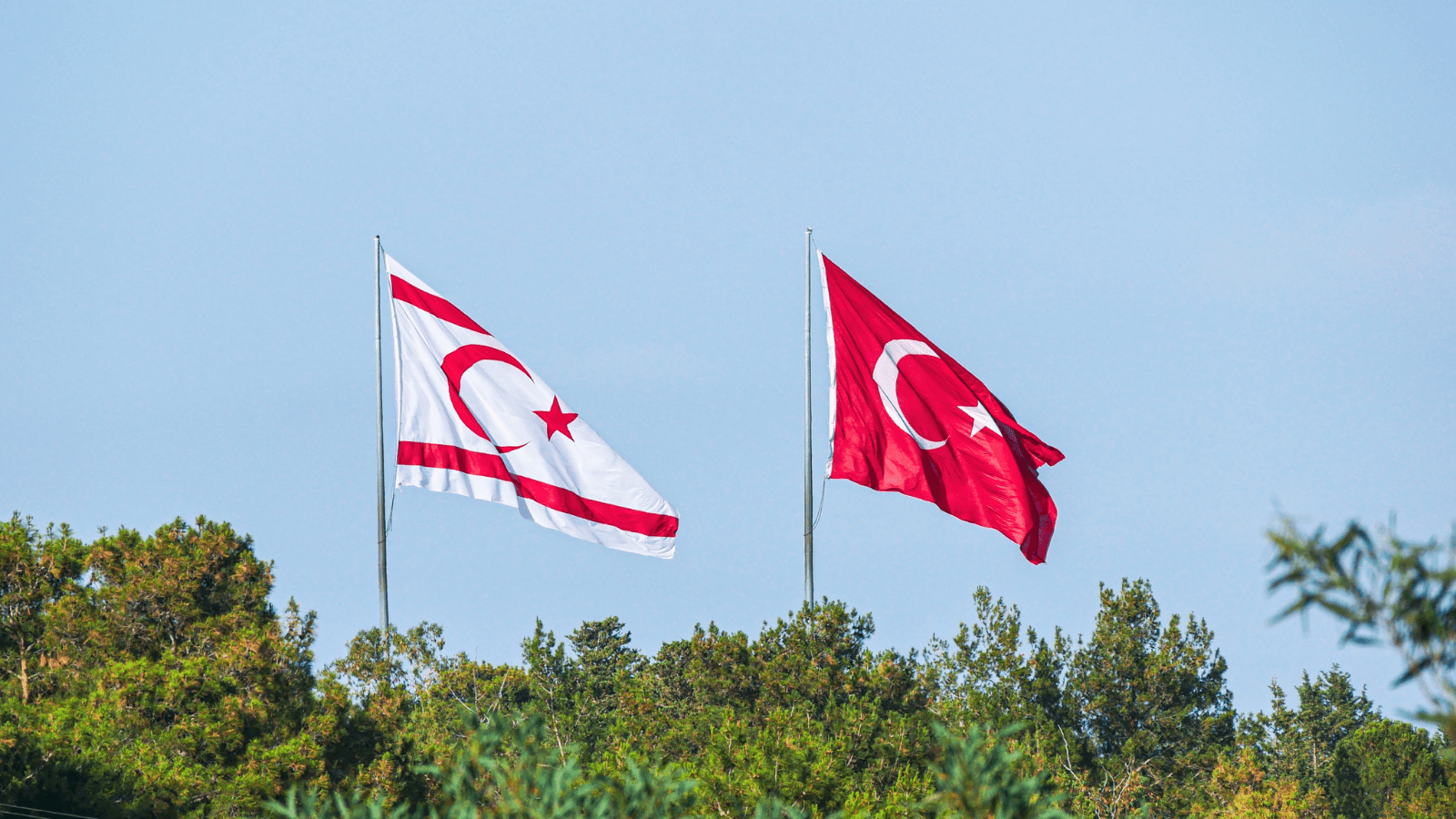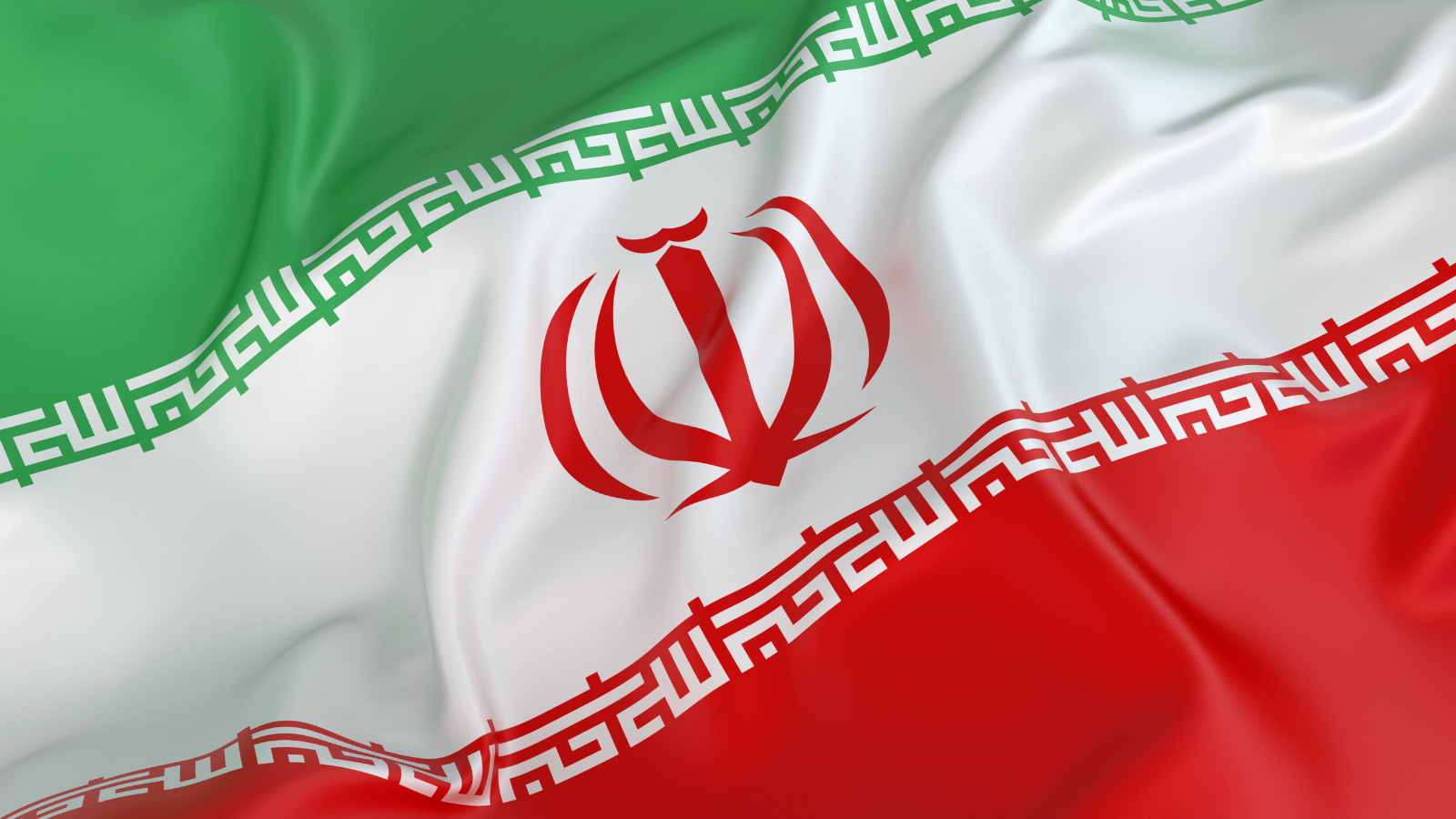What’s in a name? Yet for the Turkish Cypriots, a name can become an existential crisis and a battleground of legitimacy – internal and external. Shortly before President Recep Tayyip Erdoğan’s anticipated arrival in the Turkish Republic of Northern Cyprus (TRNC) for the opening of the new presidential compound, the Turkish Cypriot leader, President Ersin Tatar, voiced his wish to rebrand the TRNC as the Turkish Republic of Cyprus—an attempt to shed the directional qualifier “northern” that he argues belongs to a bygone federal framework.
Tatar and Ankara have increasingly framed the TRNC’s pursuit of sovereign equality in terms that echo a Taiwanisation strategy—invoking self-determination in the spirit of the Montevideo Convention, which requires a defined territory, a permanent population, an effective government, and the capacity for foreign relations.
At the opening ceremony of the new TRNC Presidential complex on 3 May 2025, the push for sovereign equality was on full display, but it also laid bare internal legitimacy challenges. Turkish President Recep Tayyip Erdoğan described the new complex as “a manifestation of a state’s will to exist in the face of injustice and unlawfulness,” framing it as emblematic of Turkish Cypriot resilience against isolation. Erdogan The Republic of Türkiye Directorate of Communications that “[w]e are not holding an ordinary opening ceremony here today. We are also declaring our will, our determination and our love for freedom…Thus, we will have built an edifice worthy of the rising prestige of the Turkish Republic of Northern Cyprus in Lefkoşa,”
By contrast, many Turkish Cypriots perceive the complex—an Erdoğan brainchild conceived to symbolize Turkish support and state-building—as a lavish vanity project disconnected from their everyday concerns. Moreover, to critics it symbolizes Ankara’s external influence and the erosion of Turkish Cypriot autonomy, thus related to declining levels of internal legitimacy.
But the real elephant in the room was Samarkand: Just a few weeks prior to the complex opening, April 2025, Ankara encountered a diplomatic setback at the inaugural European Union–Central Asia Summit in Samarkand. Key Central Asian members of the Organization of Turkic States (OTS), including Kazakhstan, Uzbekistan, and Turkmenistan, endorsed a joint declaration reaffirming United Nations Security Council Resolution 541 (1983) and Resolution 550 (1984), which condemn the TRNC’s unilateral declaration of independence as legally invalid and demand non-recognition of its sovereignty. This development illustrated the primacy of EU incentives over pan-Turkic solidarity, and it laid bare the fundamental tension at the heart of the Cyprus impasse.
Less than three years prior, in November 2022, the TRNC had been formally admitted as an observer in the Organization of Turkic States (OTS), reflecting Ankara’s strategy to cultivate diplomatic openings for the Turkish Cypriot administration beyond EU-dominated channels. This observer status symbolically aligned the TRNC with the broader Turkic world and challenged its political isolation under the EU’s non-recognition regime. The move provided a platform for Ankara to amplify the TRNC’s voice internationally and underscored the tension between pan-Turkic solidarity and established legal norms. Turkish Cypriots also enjoy observer status in the Organisation of Islamic Cooperation (OIC) under the designation “Turkish Cypriot State,” a term derived from the constituent state model envisaged in the UN’s 2004 Annan Plan. By contrast, the OTS membership is for the TRNC.
Initial warnings from Brussels that formalizing the TRNC’s observer status would contravene EU policy and existing UN resolutions signaled the EU’s intent to deter OTS member states from ratifying the observer status and upgrading the TRNC. The EU’s strategic goal of building relations with Central Asian states has proven decisive. In early 2025, reports circulated of proposed development loans—totaling up to €12 billion—from EU-backed financial instruments to Central Asian partners. Enticed by these offers, Kazakhstan, Uzbekistan, and Turkmenistan accredited ambassadors to the Republic of Cyprus (RoC), opening embassies or appointing diplomatic representatives in Nicosia—a dramatic development that underscored the decisive influence of financial leverage on regional diplomacy and one that directly challenged Ankara’s strategy.
Cyprus has been split since Turkey’s 1974 intervention. In November 1983, the Turkish Cypriot administration’s unilateral declaration of the TRNC—recognized only by Turkey—prompted UN Security Council Resolutions 541 and 550, which deemed the move “legally invalid” and urged all states not to recognize it. Earlier, intercommunal violence in 1963 led to UNSC 186 and UNFICYP, leaving Turkish Cypriots outside the Republic’s legal framework. Post-1974 talks produced bizonal, bicommunal federation proposals (Res. 414/422), but stalled by 1983 amid Greek Cypriot efforts to internationalize the dispute.
Efforts to resolve the “frozen conflict” resurfaced with the UN–EU-brokered Annan Plan. In the April 2004 referenda, Turkish Cypriots approved it (65.9 %) but Greek Cypriots rejected it (75.8 %), yet only the internationally recognized Republic of Cyprus joined the EU on 1 May 2004, with EU law suspended in the north under Protocol 10. The EU’s “engagement without recognition”—via the Green Line and Financial Aid Regulations—facilitates crossings and aid while avoiding sovereignty symbols.
After the Annan Plan’s collapse, UN-led proximity talks culminated in Crans-Montana (July 2017) but failed. The stalemate deepened after Ersin Tatar’s 2020 election and his call for two states was met with renewed Western insistence on a UN-endorsed federal solution.
Recent Developments
Despite this context, the sides remained engaged with the UN Good Offices mission. As the Turkish stance does not align with the formal Good Offices mission, the UN has resorted to ‘informal’ facilitation, as opposed to mediation.
In early 2024, UN Secretary General António Guterres appointed a Personal Envoy for Cyprus, alongside proposals for new confidence-building measures (CBMs). Shuttle diplomacy culminated in a September 2024 dinner in New York, where the parties agreed to informal five-party talks in March 2025 in Geneva. Guterres has sinced reappointed the envoy. For its part, the EU reaffirmed support for a bizonal, bicommunal federation, while the U.S. lifted its arms embargo, enhancing the RoC’s defense capacity.
Meanwhile, Ankara and Turkish Cypriot officials doubled down on a two-state solution. Erdoğan’s July 2024 visit to North Nicosia marked the 50th anniversary of Turkey’s 1974 intervention and rejected federalism. Turkish Cypriot leader Ersin Tatar reiterated claims of “sovereign equality.” This stance was underlined once more at the presidential complex opening in May 2025.
Ankara still enjoys at least one resolute ally. At a Baku forum on 9 April 2025, President Ilham Aliyev pledged that Azerbaijan would “stand with our brothers in Northern Cyprus” and press for their representation abroad. Foreign Minister Jeyhun Bayramov echoed the message at the Antalya Diplomacy Forum, vowing that Baku would keep backing the TRNC inside the OTS and any other forum open to it. However, aside from ‘soft’ forms of recognition, it remains unlikely that Baku intends to jeopardize its relations with the EU and other actors.
Future Scenarios
Given the Samarkand setback, TRNC recognition by non-EU states has taken a blow. Further and more substantive OTC upgrading might have had the impact of demonstrating that the international consensus on the Cyprus issue had come into question. The Samarkand declaration effectively neutralizes potential leverage Turkey may have exercised in negotiations with the EU. Within the framework of UN-facilitated (informal) talks, the recognition sought implies that the EU and the Greek Cypriot side will acquiesce to a settlement model outside of the bizonal, bicommunal federal format.
Nevertheless, the Turkish side continues to advocate for cooperation agreements in Cyprus between the Turkish Cypriot and Greek Cypriot communities. As this could imply recognition, the Greek Cypriot side, and the UN are keen to frame any cooperative projects as confidence building measures. The UN Secretary General could clarify that the lack of common ground exhausts his capacity to provide his services, but outside of the UN Good Offices the Turkish side remains internationally isolated.
Looking ahead, the path towards a resolution to the Cyprus problem remains profoundly uncertain, with several potential scenarios, none seemingly imminent:
Return to a Federal Model: The internationally preferred solution remains a bi-zonal, bi-communal federation based on political equality, as outlined in numerous UN frameworks. A return to negotiations on this basis would require, at minimum, a significant shift in the current Turkish and Turkish Cypriot leadership’s stance. The outcome of the TRNC presidential election of October 2025 is crucial in this regard. However, the matter is of geopolitical importance to Ankara given the overall regional dimension, including hydrocarbons and security. A resuscitation of the federal model is a distant possibility without a significant realignment of interests. Thus, Turkish diplomacy has pushed for a resolution on maritime boundaries in the Eastern Mediterranean independent of a comprehensive federal settlement to the Cyprus issue. Moreover, despite Ankara’s expressed goal of pursuing EU membership, Turkey’s own EU candidacy remains derailed.
Continued Impasse and Pragmatic Deals: A more likely scenario in the short-to-medium term is the continuation of the political stalemate on the core status issue, potentially accompanied by attempts at pragmatic, transactional arrangements in specific areas. This could involve decoupling certain aspects of the EU-Turkey relationship (like Customs Union modernization or visa liberalization) from the Cyprus settlement, finding creative ways to bypass the RoC veto, although this remains politically challenging. Alternatively, linkage deals might be explored, where progress on EU-Turkey files could be explicitly tied to reciprocal confidence-building measures related to Cyprus. For instance, Turkey fulfilling its Ankara Protocol obligations might be exchanged for EU-facilitated steps to ease Turkish Cypriot (thus, TRNC) isolation, such as allowing regulated international traffic to Ercan airport or northern ports under a status-neutral framework, as part of a deal to modernize the Customs Union. Such deal-making is possible, but it will require much good will for Guterres and his envoy to secure agreement on what Tatar refers to the as the ‘3Ds’: direct flights (i.e. the opening of international flights to and from Ercan airport), direct trade (thus access to international trade beyond the limitations of the Green Line Regulation), and direct contacts.
Paradoxically, the recent diplomatic setback for Turkey in Samarkand, by demonstrating the limited viability of seeking recognition through alternative forums like the OTS, may create more political space for such pragmatic, non-recognition-based arrangements. If the perceived threat of creeping recognition diminishes, the EU and Greek Cypriot-led RoC may become less resistant to transactional deals that address practical issues.
Solidification of Partition: The longer the stalemate persists, the greater the risk of the de facto partition becoming permanent and potentially seeking de jure status. The exhaustion of the UN Good Offices mission that may induce the UN Secretary General to declare a lack of ‘common ground’ might presumably serve that purpose, legitimizing discourse on alternative settlement models.
While outright annexation of the north by Turkey is considered unlikely and internationally unacceptable, continued divergence, separate development, and the entrenchment of the two-state narrative could make reunification increasingly difficult, leading to a hardened division even without formal international recognition.








